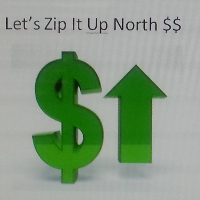What is a Reverse Merger?
In a reverse merger transaction, an existing public
“shell company,” which is a public reporting company
with few or no operations,1
acquires a private operating company—usually one that is seeking access
to funding in the U.S. capital markets. Typically, the
shareholders of the private operating company exchange their shares for a large majority of the shares
of the public company. Although the public shell
company survives the merger, the private operating
company’s shareholders gain a controlling interest in
the voting power and outstanding shares of stock of
the public shell company. Also typically, the private
operating company’s management takes over the board
of directors and management of the public shell company. The assets and business operations of the post1 See Securities Act Release No. 8587 (July 15, 2005) [70 FR
42234, 42235 (July 21, 2005)].
merger surviving public company are primarily, if not
solely, those of the former private operating company.
Why Pursue a Reverse Merger?
A private operating company may pursue a reverse
merger in order to facilitate its access to the capital markets, including the liquidity that comes with
having its stock quoted on a market or listed on an
exchange. Private operating companies generally have
access only to private forms of equity, while public
companies potentially have access to funding from a
broader pool of public investors. A reverse merger
often is perceived to be a quicker and cheaper method
of “going public” than an initial public offering (IPO).
The legal and accounting fees associated with a reverse
merger tend to be lower than for an IPO. And while
the public shell company is required to report the
reverse merger in a Form 8-K filing with the SEC,
there are no registration requirements under the
Securities Act of 1933 as there would be for an IPO.
In addition, being public may give a company increased value in the eyes of potential acquirers.
T

